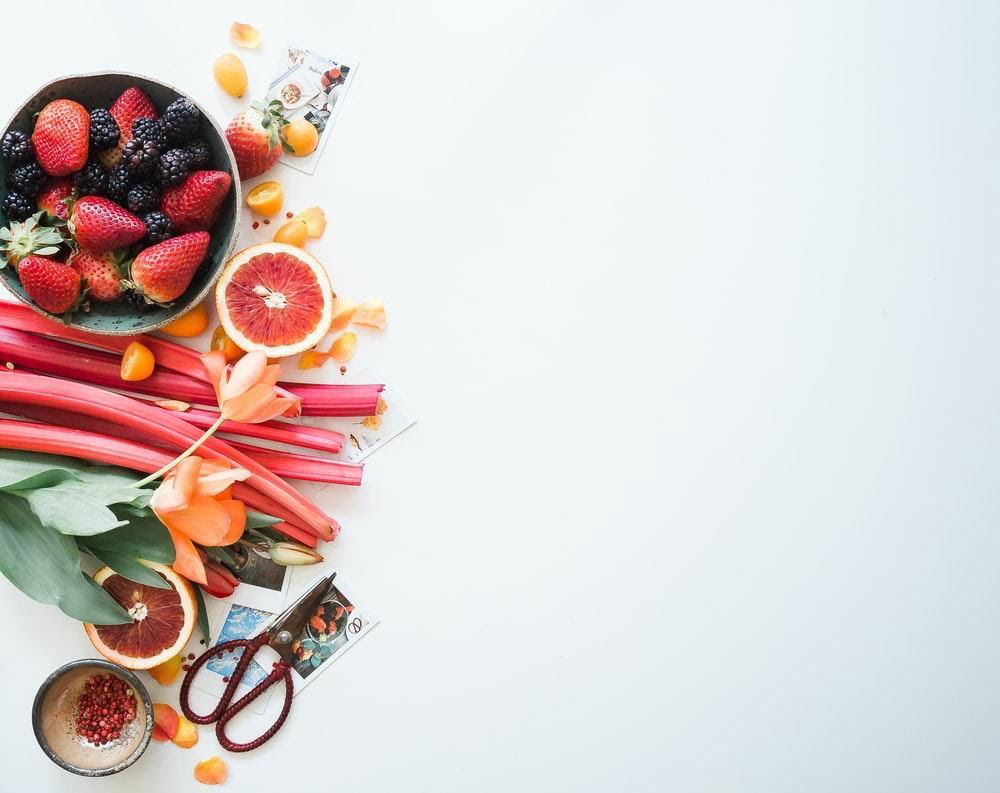12 Science-Based Methods For Feeling Better About Life (3 of 3)
Advertisement
Have Some Wise Perspective When Using Social Media

Social media is another major part of our lives. Some of us are addicted to it while some of us can keep it under wraps. Nevertheless, many of us have definitely gone overboard on social media and we can find ourselves cruising through it without realizing it.
Even though social media is designed to keep us connected and give us a sense of joy, researchers at the IE Business School in Madrid discovered that social media – and especially Facebook – can actually make us feel worse about ourselves.
People in the study who had massive networks of friends tended to evaluate their lives more negatively immediately after spending time on the site. This was a stark comparison to those who haven’t logged on for several hours.
The reason for this is explained by Dilney Goncalves, PhD, an assistant professor at the IE Business School: “It’s natural to compare our lives with those of others, but people tend to post disproportionately positive updates and neglect the not-so-glamorous aspects of their lives.”
This makes sense, since we naturally filter our lives on social media. As such, it stands to reason to give ourselves a reality check now and again on these types of sites. Even if people hype up their lives, chances are they’ve also gone through plenty of problems as well.
Take Magnesium Baths

Taking a bath is always a nice feeling, but one that’s even nicer is to have magnesium in it. To do that, all you need is add some Epsom salts. These salts are rich in magnesium.
But why magnesium in the first place? Simple. According to Mark Hyman, MD, founder of the UltraWellness Center, states that magnesium is the fourth most abundant mineral in the body and a natural muscle relaxant.
Even though our bodies clearly have magnesium in it, more of it in our body can provide a soothing effect on our nervous system according to the research. Furthermore, studies have also noted that this mineral can lower anxiety and improve overall sleep.
If you want a relaxing bath, put 10 drops of lavender oil and mix it with 2 cups of Epsom salts. All that’s left is to add warm water and let it soak for 20 minutes.
Shut Off All Your Screens One Hour Before Bed

Our lives are fueled by technology these days and with that come problems. Man of us struggle with sleeping and some of the reasons for that is the fact that we’re not letting our eyes rest. Screens naturally emit blue light rays, which trick our brains to think that it’s still broad daylight outside.
As a result, this delays our brains from producing melatonin, the hormone that signals our body that it’s night and that we need to sleep. Because of this, it’s smart that you turn off all your devices one or even two hours prior to going to bed. This gives your brain ample time to produce melatonin and help you get a good night sleep.
Another thing to note is that the closer you hold the device to your face, the more likely that the emitted light will interfere with your sleep. This explains why curling up in bed and reading from your tablet or kindle can mess up your sleeping.
You can avoid all of this by reducing the amount of screen time that you spend at night or overall if you can. But that also raises the question of how will you be passing time. Our suggestion is that you pick up some real books and read them, write in a journal, meditate, or do some light stretches.
Eat Smart To Prevent Migraines

We know the whole purpose of this post is to feel better mentally and physically and eating smart comes with the territory. However, people might not know all the details of what to eat or what not to eat. After all, there are foods that are good for you in small amounts, but they can actually contribute to getting headaches.
For example, people might know that eating aged cheeses or drinking red wine can trigger migraines. However, those migraine-inducing substances can be found in red-skinned apples, and citrus fruits too.
This isn’t to say you should avoid all fruits. The ripeness of these fruits – including mangoes, persimmons, and cranberries – will also determine the level of tannins – the headache-inducing substance – in them. The more ripe they are, the less tannins in them.